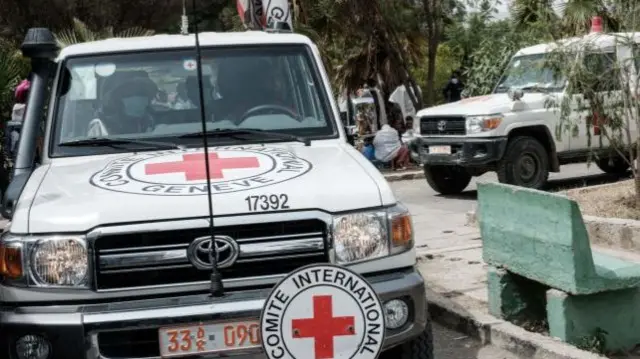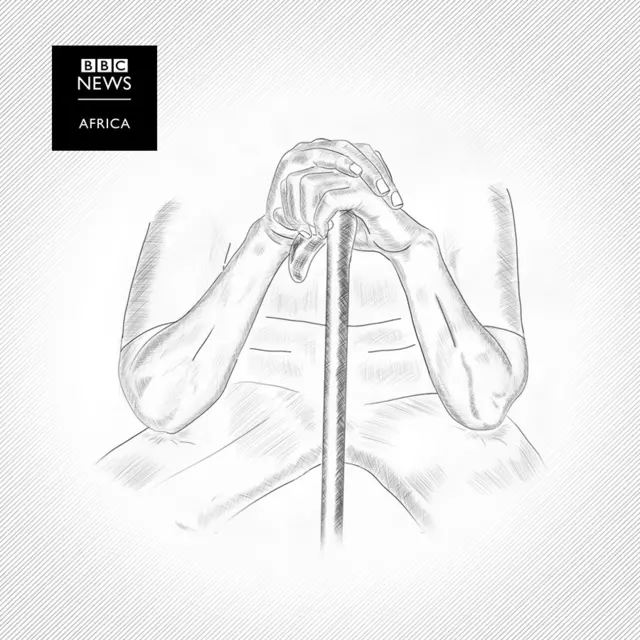One hundred newborns die a week in Zambia - ministerpublished at 14:10 GMT 26 January 2022
 Kennedy Gondwe
Kennedy Gondwe
BBC News, Lusaka
 Image source, Getty Images
Image source, Getty ImagesBetter healthcare would prevent newborn and maternal death, the health minister said
Mistakes made during childbirth lead to the deaths of more than 100 babies in Zambia every week, Sylvia Masebo, the country’s minister of health, has said.
Between 10 to 15 women also die each week due to preventable complications from pregnancy or childbirth, the minister is quoted as saying by the state-owned Zambia Daily Mail.
The majority of these stillbirths, maternal and new-born deaths could be avoided through the provision of safe and quality care by skilled health professionals, she said.
She called for the adoption of “comprehensive health systems and community-based approaches”.
The minister made the comments at University Teaching Hospitals (UTH) in the capital, Lusaka, on Tuesday at an event to mark World Patient Safety Day.
Ms Masebo was appointed health minister in September, a month after President Hakainde Hichilema won elections promising to tackle corruption and end Zambia’s economic crisis.
The health ministry has in the past been riddled with accusations of corruption that include the procurement of expired drugs and defective condoms.
Since taking up the job, Ms Masebo has said she sees the decentralisation of health provision as a way overcoming these problems and dealing with bureaucracy.
During her visit to UTH, she was informed by staff about some of the difficulties they face in providing quality healthcare.
She was told that the hospital’s children wing currently owed more than three million Zambia kwacha ($170,000; £126,000) to local firms for drugs supplied in 2019 - a year when the institution only received three of its 12 monthly grants from government.
The health ministry relies heavily on donor funding for its budget – and health professionals are poorly paid and conditions are considered so poor that it is hard to retain staff, especially in rural areas.
This month, Ms Masebo said the government planned to recruit more than 11,000 health workers.
It is not clear whether the salaries have been raised – and whether they will be enough to tempt the more than 700 qualified doctors who are not employed in the health sector because of poor pay to take up the offer.

















